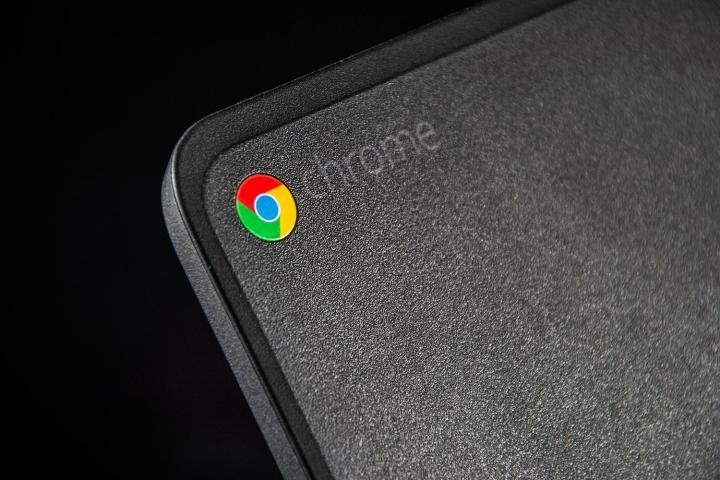
Google’s Patrick Georgi added software commits that referred to the Tegra T210, which is Nvidia’s codename for the X1. Support was also introduced for a board codenamed “Smaug,” which is built around the X1 and supports Chromium OS.
This activity points towards the release of a Chromebook that uses the Tegra X1, the first of the line of computers running Google’s OS to do so. It would also be the first example of a 64-bit ARM-based Chromebook to be made available.
ARM has been found in previous models, but only in budget systems that sell at very low price points. If the Tegra X1 Chromebook proves to be a success, it wouldn’t be too surprising to see ARM chips used more broadly across the Chromebook line, and appear in more expensive models.
Launched in 2011, the Chromebook is an Internet-dependent device that offers a lightweight alternative to conventional computers. Google’s Chrome browser is used to launch much of its functionality, offering a cheap and responsive experience well-suited to web browsing, word processing and other basic functionality.
Since its initial release, the capabilities of the Chromebook have brought it significant success, particularly as a cost-effective device in educational settings. The expansion of the line via efforts like Tegra X1 implementation seems to reassert that Google is keen to grow its Chromebook interest even further moving forward.



